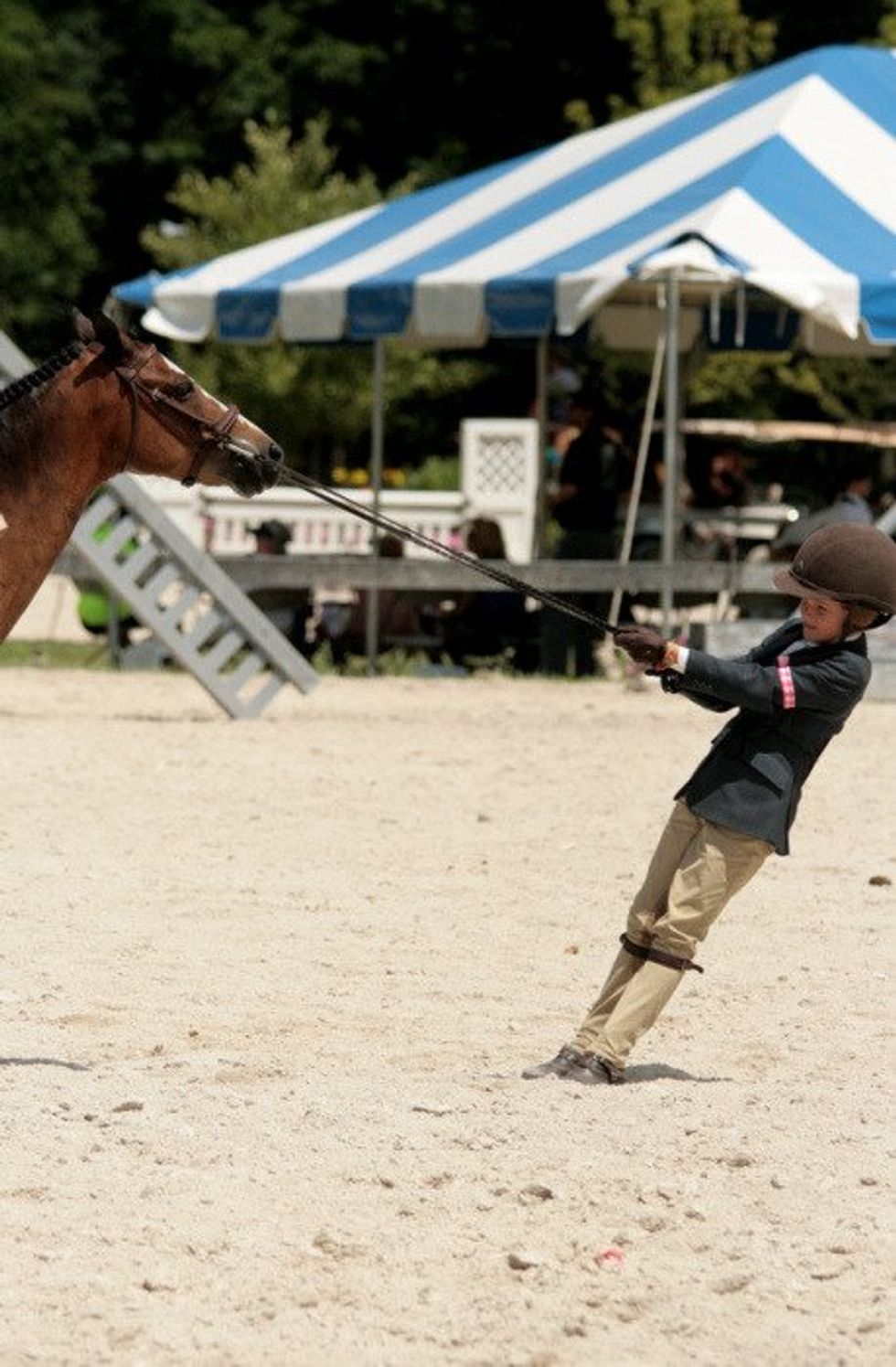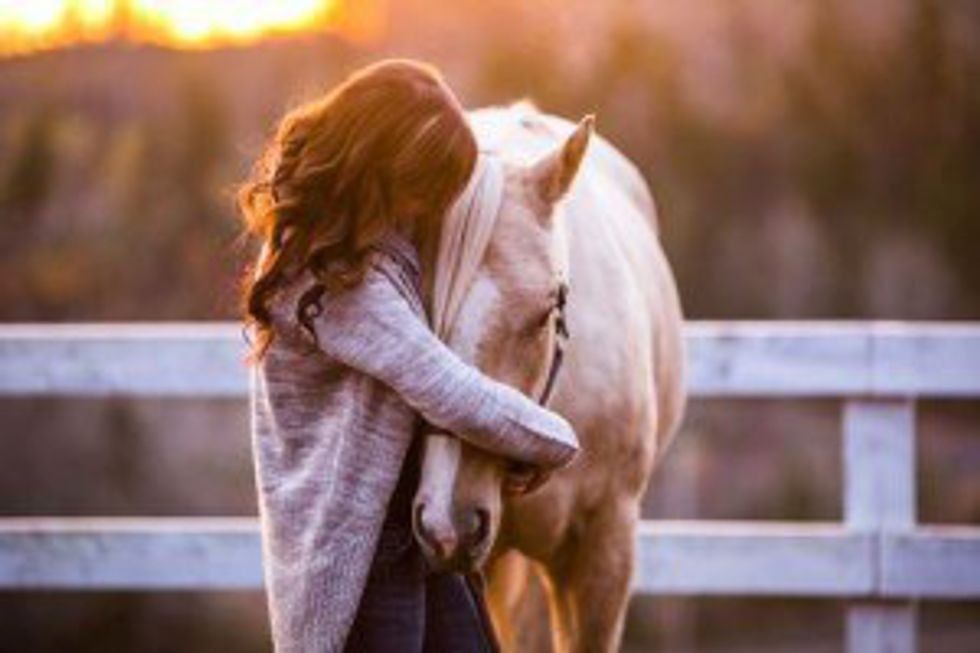A 19th century story that takes place in England, Jane Eyre covers various coming-of-age topics including common mannerisms of the time, social class, mystery, and romance.
Jane is an orphan that grows up in a strict, cold household with her aunt who is given the job of looking after her as a request posed by Jane's uncle. She grows up in a neglected household among her selfish cousins. She is then given the opportunity to attend a school, where she develops in a better suited environment, and goes on to become a teacher at a school called Lowood. At the age of eighteen, she advertises herself and her talents, longing to have a change in career and explore the outside world, as well as apply her knowledge as a passionate pupil and experienced teacher.
She goes on to become governess of Thornfield Hall; an affluent home to a rich man of poise who is seldom at home, save for seasonal gatherings around the holidays, when the servants are put to work and the home fills with the sound of laughter, music, and joy. Jane is assigned the job of governess by the housekeeper, and warms up to a lively, somewhat spoiled french child who she teaches.
As she begins to settle in to her new home and grows content, her master and Thornfield's employer arrives promptly. He imposes an imperious, yet hauntingly passionate air on those around him, but is particularly drawn to Jane, as he summons her regularly to talk of his beliefs, and several topics. Their connection indirectly continues to grow, as Edward Rochester shows minimalist signs of interest toward Jane, and goes as far as to make her jealous in hopes of figuring out her reciprocity. After a series of dramatic encounters thereof, a dark secret that has taken shape in various forms throughout the novel, reveals itself.
---------------------------------------------SPOILERS------------------------------------------------------
Throughout the novel, Jane continues to prove how she opposes common stereotypes of the time, such as choosing to wholly pursue a career as a teacher in a town with very low income families and customs, and she was greatly rewarded. Choosing not to take out her anger against Bertha also shows her discipline and understanding of the nature of the woman's frustration, and poor treatment she most likely received at her home country.
I have to say, my favorite part was at the very end, when Jane and Rochester's role in their relationship switch. At the beginning, Rochester was an arrogant person, unappreciative and isolated from any who tried to serve him, and always peripherally answering questions directed toward him. After the crushing fire he endured, he became softer in personality and mannerisms, as he learned from his sins. At the end, he was the one serving Jane and being absolutely selfless for her happiness and pursuit. For Jane at the beginning, she was the one always at Rochester's aid, and not always sure of her own intentions, but wholeheartedly committed to making her master content. In the end, she was the one Rochester depended on, she had the upper hand in their relationships, and became less of a dreamer, and more of a grounded individual, like Rochester was at the beginning. In the end, it worked out because they finally found a way to meet each other's needs in their change of personalities. As the fire kindled Rochester's soul to one that Jane needed, Jane learned from her long lost cousins to uphold her values while continuing to love those who have helped her; something Rochester needed.



















 teenhorseforum
teenhorseforum














